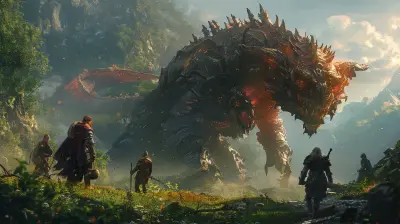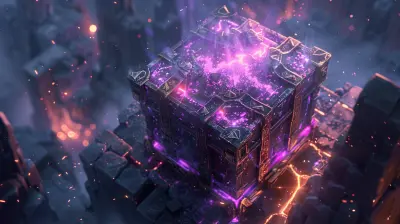Why Game Soundtracks Deserve More Recognition in the Music Industry
1 July 2025
Have you ever found yourself humming the theme from The Legend of Zelda or maybe been swept away by the hauntingly beautiful tones of The Last of Us score? Video game soundtracks are an integral part of the gaming experience. Yet, for some baffling reason, they’re often overlooked when it comes to broader acknowledgment in the music industry. Why is that? Let's dive into why game soundtracks deserve way more recognition than they currently get.
The Undeniable Power of Game Music
Think about it—what’s a game without its music? Imagine playing Super Mario Bros. in total silence. Feels off, right? Game soundtracks aren't just background noise; they’re the heartbeat of the experience. They create tension, set moods, and amplify emotions. Whether you're exploring epic open worlds, sneaking through enemy bases, or battling mythical beasts, the music elevates every moment.In fact, game music is designed to be dynamic, engaging, and often timeless. Just like any great film score, it leaves an imprint on your mind. But while composers like Hans Zimmer or John Williams get their time in the spotlight for movie soundtracks, game composers don’t seem to share the same level of fame or respect.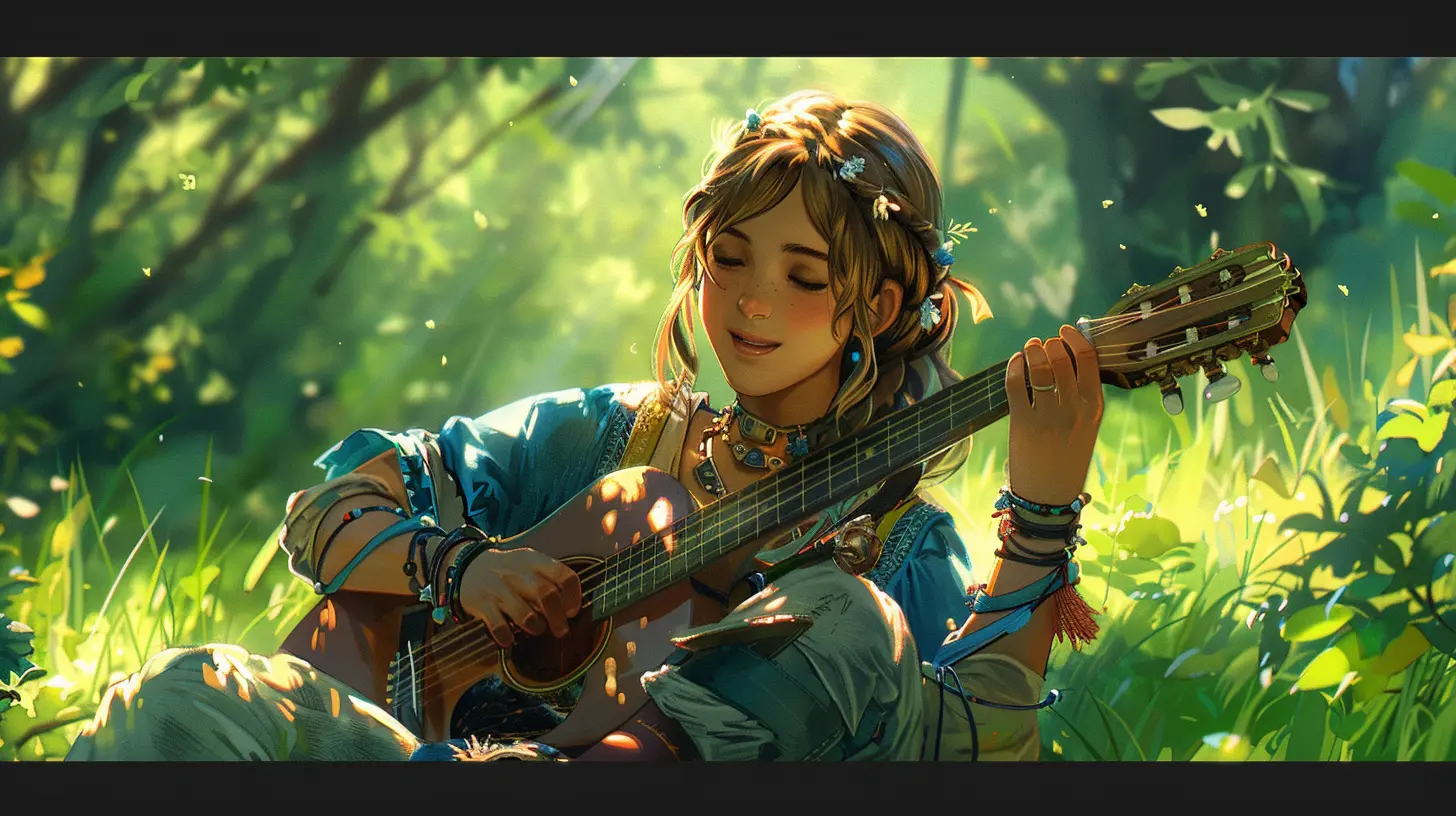
A Medium That Demands Versatility
What makes video game music so extraordinary is its need to be versatile. Film soundtracks accompany a scene that has a beginning, middle, and end. Video games? They’re unpredictable! A gamer might linger in a scene for hours or blaze through it in minutes. The music has to adapt and loop seamlessly without becoming repetitive or grating.Take The Elder Scrolls V: Skyrim, for instance. Jeremy Soule’s incredible score is a masterpiece of adaptive music. Whether you’re wandering the snowy mountains or in the thick of battle, Soule’s score enhances the atmosphere perfectly. That’s no easy feat, and it’s something more people need to appreciate.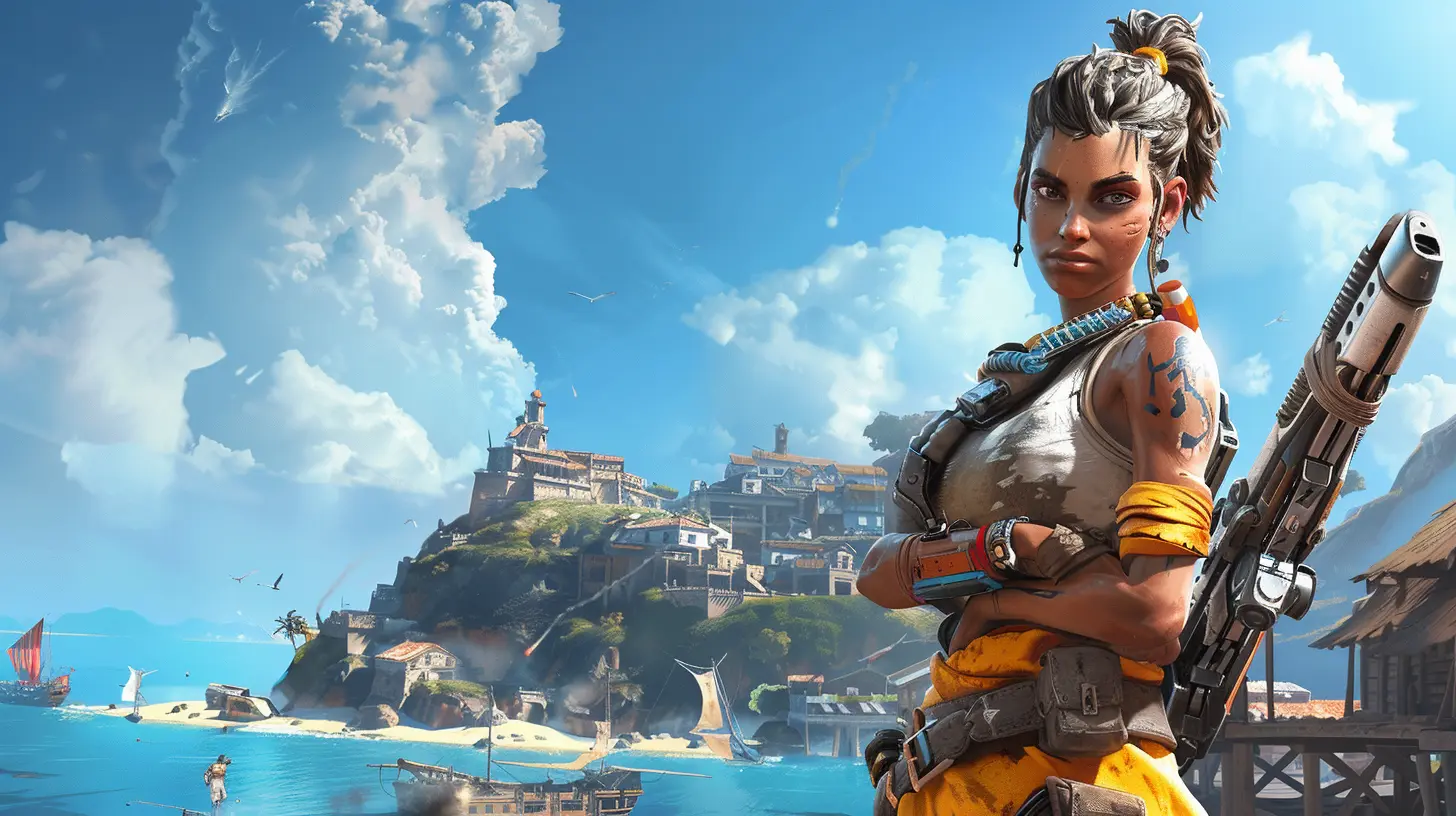
Emotional Storytelling Through Game Music
Great game soundtracks tell stories without words. Have you ever played Undertale? Its music practically narrates the entire story. Each track is tied to a character or moment, evoking emotions that words can’t fully express.One moment you're giggling at a quirky tune, and the next, you're holding back tears because a haunting melody hits you right in the feels. How is this any less impressive than an award-winning movie soundtrack? If anything, it’s harder because the emotional attachment is often built over tens of hours of gameplay.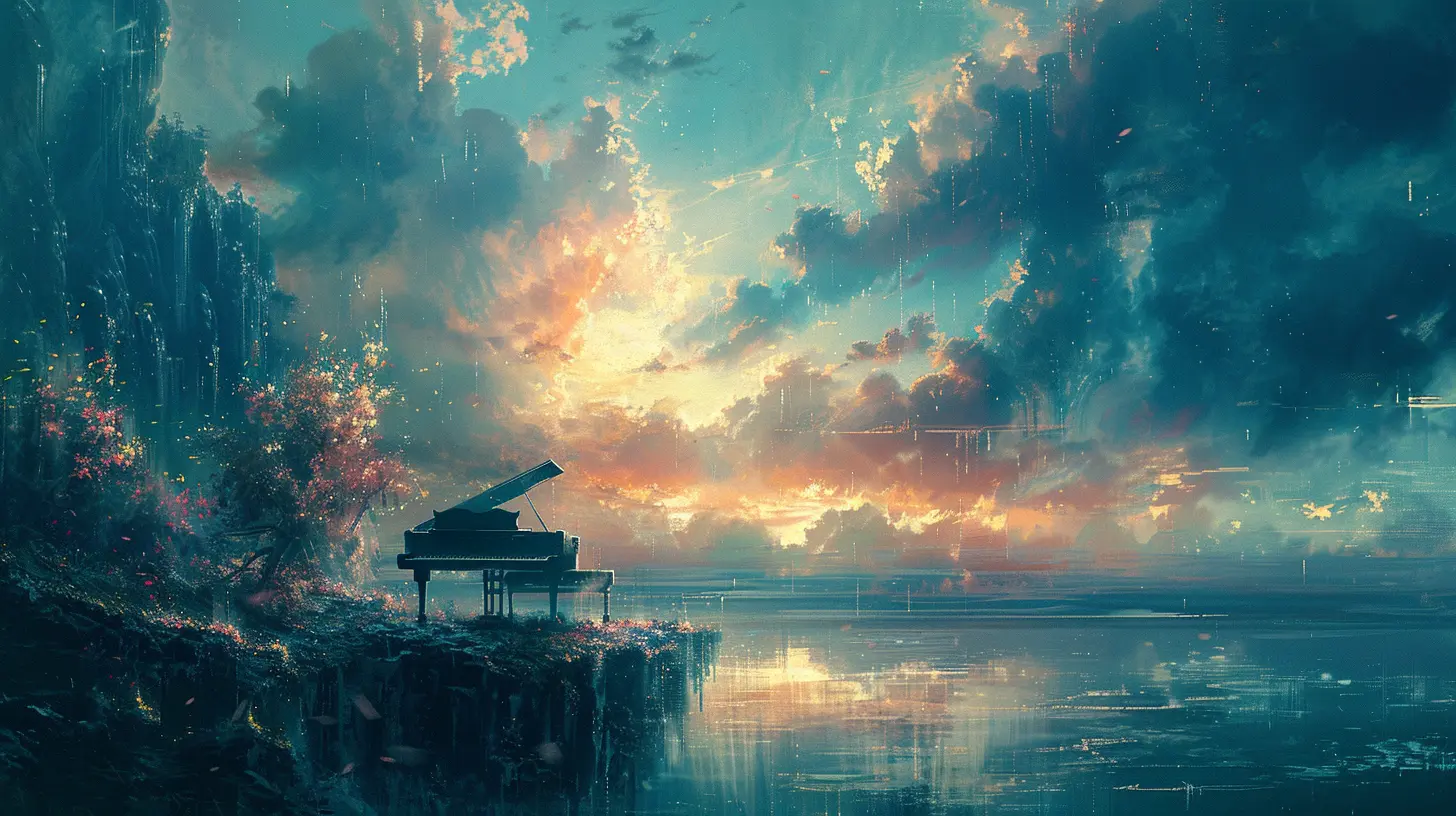
Nostalgia and Cultural Impact
What’s wild is how game music sticks with us. Have you noticed how people get hit with that satisfying wave of nostalgia when they hear the Tetris theme or the intro to Halo? Game soundtracks have a way of embedding themselves into our cultural consciousness.They’re more than just notes; they’re memories. They take us back to our childhoods, to late nights with friends, to moments when we triumphed over a particularly difficult boss. That’s the magic of game music—it’s personal, and it resonates deeply. It’s not just important to games; it’s important to us.
The Quiet Rise of Game Composers
Thankfully, the tides are slowly shifting. Composers like Koji Kondo (famous for the Super Mario and Zelda franchises), Nobuo Uematsu (Final Fantasy), and Austin Wintory (Journey) are finally gaining the recognition they deserve.In 2013, Journey made history by becoming the first video game soundtrack to earn a Grammy nomination. It was a groundbreaking moment, but also a stark reminder of how underrepresented this genre still is. For every Grammy nod or orchestral concert dedicated to game music, there are countless masterpieces that go unnoticed by the mainstream music industry.
Blurring the Lines Between Game Music and Mainstream Music
What's fascinating is how game music is beginning to break free from its niche. Take Cyberpunk 2077, for example. The soundtrack features contributions from artists like Grimes and Run the Jewels. Similarly, orchestras worldwide are performing concerts exclusively featuring game music, proving its broad appeal.And let’s not forget about platforms like YouTube and Spotify, where game soundtracks are racking up millions of streams. People aren’t just listening to this music because they’re gamers; they’re listening because it’s genuinely incredible music.
Why the Music Industry Needs to Wake Up
So why isn’t the music industry fully embracing video game soundtracks yet? Honestly, it feels like a case of outdated bias. There’s this lingering perception that games aren’t as “serious” as films or traditional media. But let me tell you, anyone who’s felt chills during the Mass Effect score or teared up during Ori’s heartfelt piano pieces knows that’s far from the truth.Games are art, and their music is art, too. Dismissing it as lesser or irrelevant is doing a massive disservice to the creators who pour their hearts into crafting these soundscapes.
Final Thoughts
The next time someone dismisses video game music, challenge them. Have them sit down and listen to the soundtrack of Hollow Knight or Red Dead Redemption 2. Let them experience the auditory journey for themselves.Video game soundtracks aren’t just for gamers; they’re for anyone who loves music that tells a story, evokes emotions, and stays with you long after the final note fades. It’s high time the music industry at large acknowledges this and starts treating game soundtracks with the respect and admiration they so clearly deserve.
all images in this post were generated using AI tools
Category:
Original SoundtracksAuthor:

Lucy Ross
Discussion
rate this article
2 comments
Kyle Blevins
Great article! I completely agree that game soundtracks often go overlooked despite their incredible artistry and emotional depth. They enhance the gaming experience in unique ways and deserve a more prominent place in the music industry. Thank you for bringing attention to this important topic!
November 1, 2025 at 5:19 AM

Lucy Ross
Thank you for your thoughtful comment! I’m glad you found the article resonant—game soundtracks truly are a vital and underappreciated aspect of the music industry.
Melanie Willis
Game soundtracks blend storytelling and emotion, enriching player experiences and showcasing composers' artistry, warranting greater industry recognition.
July 4, 2025 at 4:35 PM

Lucy Ross
Absolutely! Game soundtracks are a powerful medium that elevate storytelling and evoke emotions, making them deserving of more recognition within the music industry.

